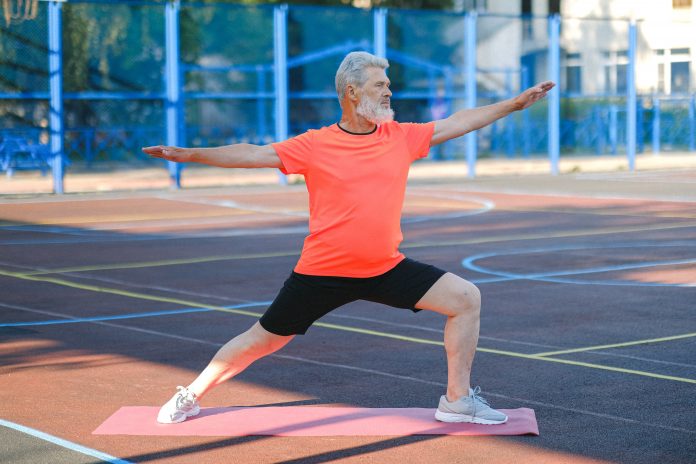Image Credit pexels-anna-shvets-5067957
When you get older, you may become increasingly conscientious about your health. The aging process can be hard on your body and make you more vulnerable to health conditions. Dealing with changes in your energy levels and managing health conditions won’t necessarily come easily to you. However, making an active effort to lead a healthy lifestyle as you get older can have a significant impact on how you feel both physically and mentally. Here are some things that you can do to enjoy a rich and healthy quality of life in the years ahead.
Take Good Care of Your Digestive Health
As people age, their digestive systems may not function as well as they once did. Constipation and irregularity are a particularly common problem among older individuals. Being less physically active and having dietary imbalances can exacerbate it. Unfortunately, poor digestive health can have widespread effects on your overall health. Much of your immune system is regulated in your gut, and poor digestion can disrupt immune responses. Furthermore, your gut health is closely connected to your brain’s health. Your gut has its own enteric nervous system independent from the nervous system regulated by your brain, but the two systems are closely connected. Maintaining good digestive activity will promote better brain health, immunoreactivity, and energy levels. Take a supplement to aid healthy digestion such as Nucific. A supplement with digestive enzymes can help you lower the number of unhealthy bacteria that line your gut; this will prevent your digestive system from being unnecessarily slowed down and it will make you better able to absorb the healthy nutritional content in your diet.
Stay Active
Regular exercise has numerous health benefits. It will help your efforts to maintain a healthy weight, sparing you from having to carry around excess body weight that could cause joint pain and increase your susceptibility to other health conditions. Exercising several times a week is a good way to burn calories and keep up good cardiovascular activity. In addition to cardio-based exercise, you should try to incorporate strength building exercises into your efforts to be active. Strong muscles will support good joint health and leave you less vulnerable to physical activity. Moreover, a healthy amount of muscle mass will help you keep your bodyweight down by raising your metabolism. You don’t need to join a gym or use elaborate equipment to build muscle tone. You can do exercises at home using your own body weight or use some simple equipment such as resistance bands or dumbbells.
Get the Rest You Need to Stay Healthy
Adequate rest is the foundation of good health. If you’re not giving yourself enough time to rest, your well-being will inevitably suffer. You’ll have difficulty concentrating, and you’ll have trouble sustaining your energy levels over the course of a busy day. No matter what age you are, it’s essential that you get at least seven to eight hours of sleep a day in order to feel truly well-rested. If you’re not getting the amount of sleep that you need to stay healthy, consider making some changes to your routine. Start trying to get to bed earlier or structure your schedule to sleep a little bit later. Avoid too much screen time before bed; blue light can disrupt your body’s circadian rhythm. Try to put your phone or tablet away at least a couple of hours before you’re getting ready to go to bed. When you wake up from a good night’s sleep, you’ll have more energy to take on the day. Your digestive health and immune activity will be better regulated, and you won’t feel run down or fatigued.
A healthy lifestyle can help you counteract the effects of aging and feel your best. Good digestive health, regular physical activity, and adequate rest will give you the support that you need to stay in good shape to avoid health problems. Just a few small changes to your lifestyle can make a big difference.


